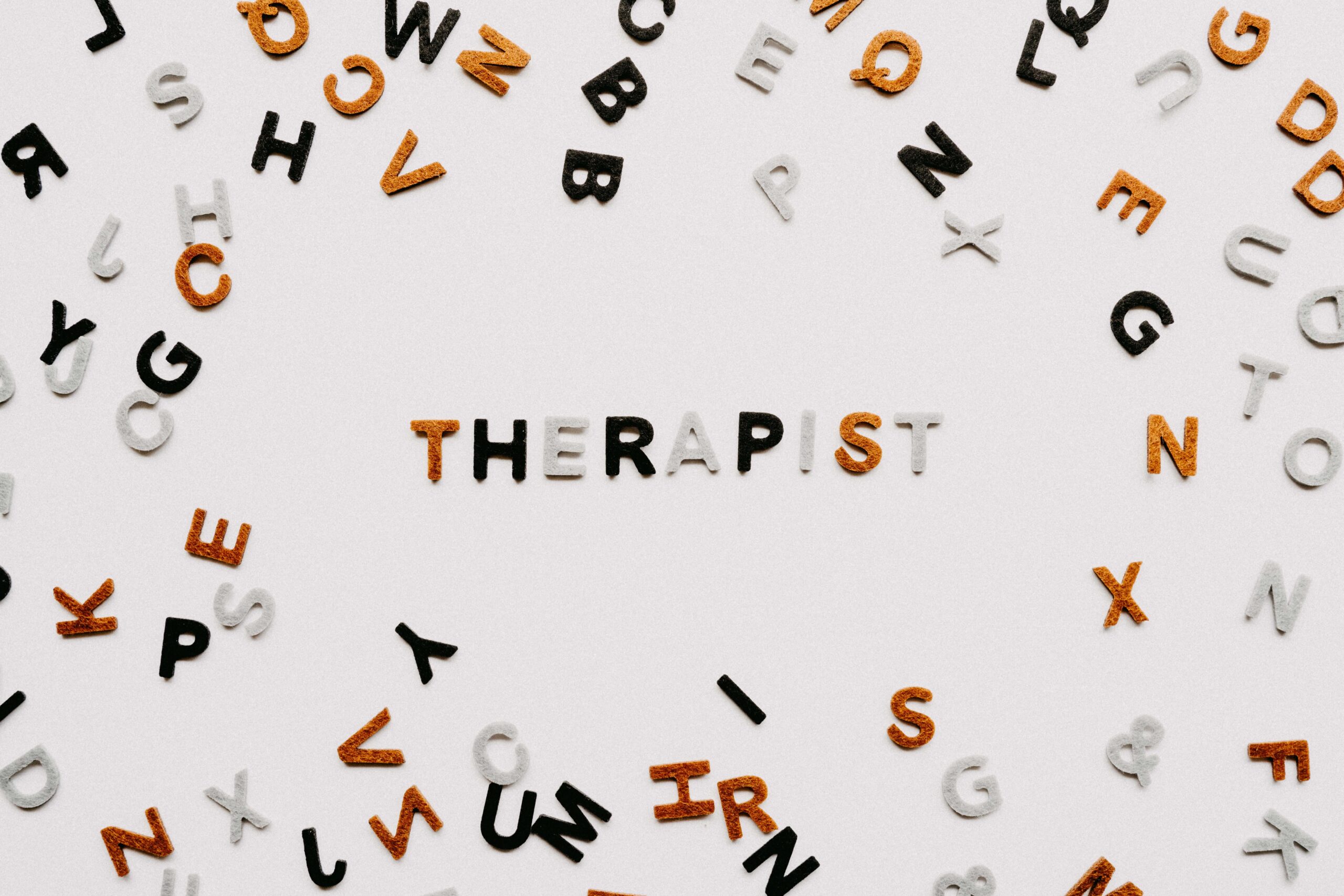How to Know When to See a Christian Counselor vs a Therapist

What is the difference between a Christian Counselor and a therapist? To answer the question simply: they both offer value and help to those in need. In this article, we’ll discuss why some people are called therapists and some are called counselors. We’ll also consider what Christian counselors uniquely offer for someone considering Christian counseling.
Christian Counselor. Therapist. Clinician.
What do all these titles mean? Are they the same or different? And what does it mean if I see the word Christian counselor versus therapist? All these questions might be questions you’ve wondered before. In the world of mental health, it can be confusing when everyone’s using different titles. You’re in good company! This article will help explain the difference between a Christian counselor and a therapist.
Are Christian counselors and therapists the same?
If you looked into mental health at all, you might have seen mental health professionals using the word counselor. Some may use the word therapist. For us, these words can often be interchangeable and don’t have much distinction. (Think about how someone can say drink versus beverage.) Because our training can come from various backgrounds, you may see different titles. Whether a counselor or a therapist, you can expect them to have some basic qualifications.
A professional mental health counselor or therapist will have received graduate-level training. Social work, counseling, psychology, and marriage and family therapy are all types of graduate training programs. Each program provides a unique framework for approaching the arena of mental health.
Whether you see someone who is a licensed clinical social worker (LCSW), a licensed marriage and family therapist (LMFT), a licensed psychologist (Ph.D. or PsyD), or a licensed clinical mental health counselor (LCMHC), each of these individuals received professional training. They also have a professional license to provide mental health services to clients. You may notice some professionals have -A (or -associate) attached to their titles. These associates can practice as licensed professionals while receiving supervision from a fully licensed professional.

Secular counselors versus Christian counselors
With both secular and Christian counselors, shared goals exist to help a client with his or her mental well-being. Each seeks to work through or overcome past or current issues. A secular therapist or Christian counselor can be valuable in helping a person find new solutions. Either can assist a person in making meaningful circumstances. They can help someone find healthy ways to cope with particular issues. Secular and Christian therapists receive training and specialize in addressing various concerns or issues, such as anxiety, trauma, eating disorders, addictions, relational conflict, or marriage issues.
Differences in Christian counselors
Clients may notice differences when it comes to incorporating faith. A Christian counselor may incorporate more Christian principles in counseling. Whether secular or Christian, licensed professionals may not push faith on a client. However, a Christian counselor readily offers space for connection through shared faith. Finally, a Christian therapist has training to include faith within counseling for a client who desires it.
What makes a Christian counselor unique?
A mental health professional who identifies as a Christian counselor is still a counselor or therapist. He or she can integrate Christian principles into counseling or therapy practice. He or she might base counseling on Christian ideals. A Christian counselor may train at a secular university, a seminary, or a divinity program. He or she will focus on incorporating the spiritual and faith aspect that is important to a client. Additionally, the counselor may incorporate biblical wisdom, prayer, scripture, and other faith practices. A client who sees a Christian counselor will often share the worldview of the client. Christian counselors may use clinical techniques that may overlap with secular counseling principles.

Sojourner Counseling’s Approach to Christian Counseling
Sojourner Counseling specializes in providing Christian counseling to those seeking it. We can provide a unique approach that may or may not be found through secular counseling. We use various clinical techniques in sessions. Also, we can integrate Christian principles and practices as desired. We know that your Christian faith provides abundant hope amid struggles. We can point you in the direction of hope found in God.
If you’re ready to get started, schedule an appointment today!
Wondering about Some of Our Other Services at Sojourner Counseling?
Curious about other specializations we offer in our Garner counseling office? Often those seeking Christian counseling in Raleigh, NC are struggling with other concerns. Other services include
anxiety treatment, PTSD treatment and trauma therapy, counseling for global workers, and child therapy.
About the Author:
Brye is the founder of Sojourner Counseling. She enjoys working with children, teens, families, and women struggling with anxiety and trauma. She also works with global workers, TCKS and MKs needing mental health support. Utilizing a number of methods, she commonly integrates cognitive behavioral therapy, parent/child interaction therapy, and EMDR within Christian counseling.